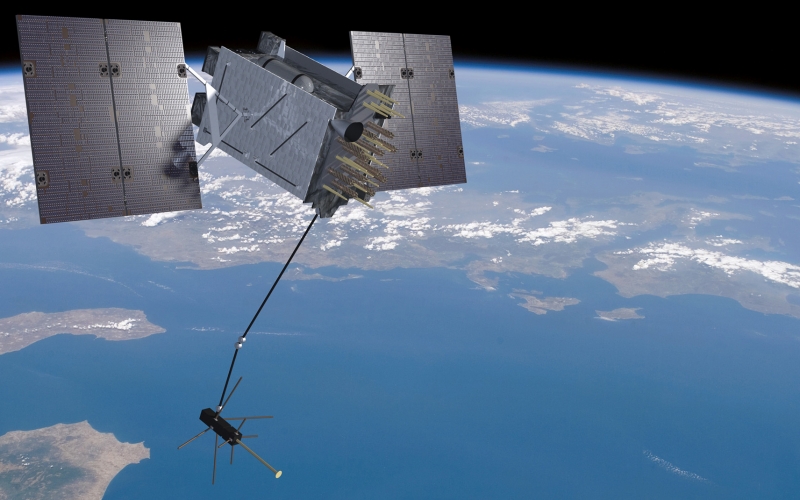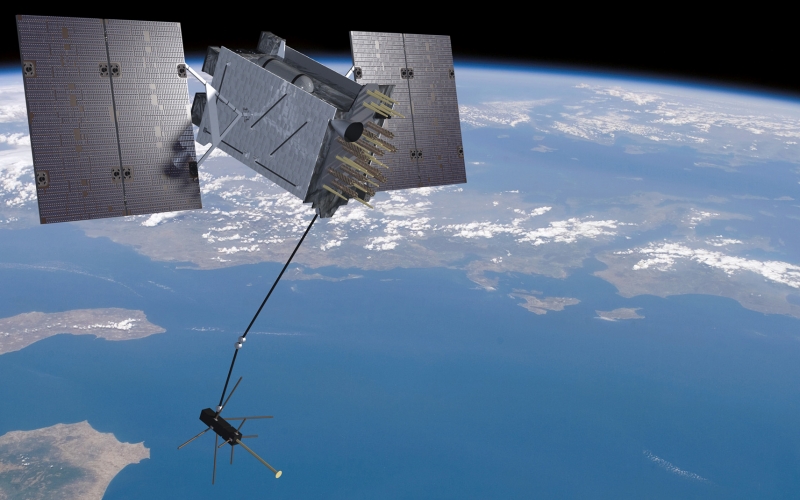Blog Editor’s Note: The Areospace Corporation is a Federally Funded Research and Development Center (FFRDC) and does a lot of work for the Air Force. Notice that they have already licensed the technology described in the article to Orolia (an RNTF member), and they are offering licenses to others. Since they are a non-profit, it ought to be fairly reasonable rate.
Anti-jam capability is always good stuff, though we are compelled to note for those unfamiliar – even the best technologies are not 100% effective.
A NEW TOOL TO FIGHT GPS JAMMERS
GPS jamming can drastically impact military and civilian life. A team from Aerospace’s Communication System Implementation Subdivision built a tool to counter jam the jammers.
The 24 satellites that keep global positioning system (GPS) services running have a higher calling than helping you locate the nearest gas station. The military relies on GPS for everything from ground missions to missile systems and more. The military has grown so dependent on GPS that military personnel and agencies have warned that GPS is at risk for becoming a single point of failure, and armed forces regularly stage drills without it in case the system fails. Civilian life around the world relies on GPS more than we realize.
While those 24 satellites could fail for any number of technological reasons, there is also the fear that GPS access could be blocked by adversaries using jamming technology. An attack like that would impact critical applications in civilian infrastructure — electric grids and ATM networks rely on GPS — and drastically disrupt military operations.
Over the past several years, a team from Aerospace’s Communication System Implementation Subdivision has been developing the Blind Interference Signal Suppression (BLISS) technology – which is designed to counter jamming signals that would interfere with GPS reception.

GPS signals received by users on the ground are easy to jam due to very low GPS signal power on Earth. On the battlefield, an enemy may intentionally jam GPS to prevent warfighters from accurately knowing their position. Domestically, there are several documented cases where jammers purchased over the internet have been used to deny location information. Specifically, personal privacy jammers, though illegal, are readily available and have been used to circumvent GPS tracking technology.
“BLISS uses a proprietary set of algorithms that estimate specific characteristics of a high-power jammer, which in turn enables it to mitigate the effects of a wide range of strong jammers,” said Dr. Philip Dafesh, one of the BLISS architects. BLISS may be implemented with existing receivers, as a standalone device between a GPS receiver and its antenna, or integrated into a future receiver chipset.
BLISS Effective Against a Wide Range of Jammer Types
Well-known techniques exist to suppress jammers that are focused on removing narrow band jamming over a small frequency range. These techniques fail when the jammer varies rapidly in frequency. Unlike these conventional techniques, BLISS is also effective against jammers that are matched to the signal of interest and is impervious to jammers that rapidly change their frequency or phase characteristics.



